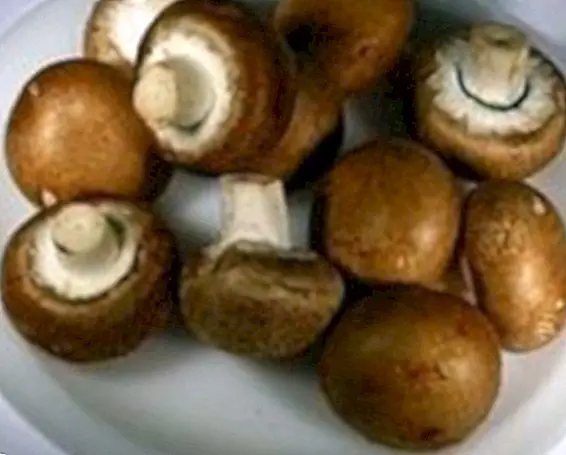Eating without hunger: why we do it
We have all done it on one occasion: we have a full stomach and yet we find some food in the kitchen or in the fridge, and instead of saving it and reserving it for another time we eat it, even without being hungry. Moreover, if that portion of food is a piece of cheesecake or a chocolate cake the desire tends to be even greater. But, why do we really do it? According to a new study recently published in the journal 'Cell Reports' and carried out by the Rutgers Robert Wood Johnson Medical School we eat without hunger in the absence of a hormone of the brain, which would encourage overeating solely for pure pleasure.
Apparently, the researchers found that when a hormone known as glucagon peptide-1 (GLP-1) was reduced in the central nervous system of laboratory mice, they would have to consume more foods with higher fat content, and also ate more the usual, always in excess. In fact, it was found that in those mice in which the deficiency of this hormone was induced, they ended up eating beyond the caloric needs, showing in turn an increase in the preference for foods with high fat content.

However, when the glucagon peptide-1 hormone signaling was improved in the brains of these same mice they were better able to block the preference of foods with high presence of fats.
But the researchers also found that neuronal targeting in the mesolimbic dopaminergic system (the reward circuit of the brain) would help control both overeating and obesity with fewer side effects, rather than targeting the entire body. In this way, if for example the hormone GLP-1 is activated in the mesolimbic system it hinders the communication between neurons which communicate for the control of reward behaviors, so that less food would be consumed and, in addition, preference would be lost for foods high in fat.
In the words of the study authors, these are the same areas of the brain that control addictive behaviors such as alcohol consumption, nicotine addiction or drug abuse. Therefore, the implications of the results of this study would be greater, since it would help in the understanding of how the functions carried out by the GLP-1 peptides would influence the motivation behaviors.
As we see according to the results of the study, eating (not only why, but how much and when) is a behavior controlled by the central nervous system, which provides the possibility for our body to respond to their environment. So we are facing an important and useful observation to understand the motivation that leads us to eat for pleasure instead of energy.

What is the GLP-1 hormone? What is it for?
The hormone glucagon peptide-1, also known as GLP-1 peptides, consists of small amino acid substances that, among other main functions, establish the way in which our body regulates eating behaviors.
They are peptides secreted by cells both in the brain and in our small intestine, and are 'designed' to make our brain know that we are already satisfied, leading us to stop eating. That is, they contribute to the regulation of appetite.


